Racial attacks dent Africa – Asia relations
- By Zimpapers Syndication |
- 10 Jan, 2026 |
- 0
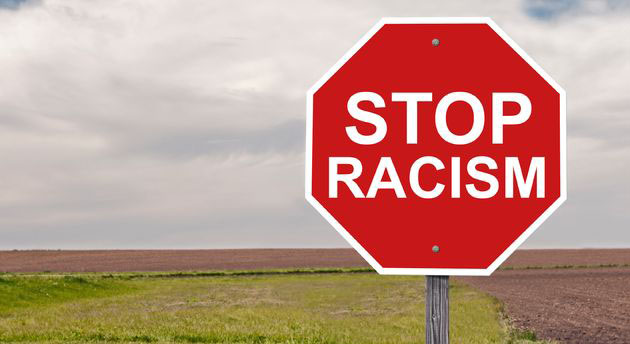
Sifelani Tsiko ---
The spate of rising attacks on African nationals in Asia and racial stereotyping in advertising has sparked outrage threatening to dent the Africa – Asia diplomatic relationship.
The brutal murder of a young Congolese man, Masonda Ketanda Oliver in India recently has emerged as the greatest disaster in the recent history of India’s foreign policy.
The racially-based attack forced African diplomats to protest against the treatment of Africans in India, especially the large student community.
Many saw this as an unwelcome extension of the humiliation of Africans that has gone on for many centuries in Europe and the United States.
Ceaseless racist attacks on Africans have for the greater part been largely confined to Europe, US and the Arab world, but the lid was also blown off recently in India sparking outrage of a sheer scale among Africans.
As if this was not enough, the image of a black man being shoved into washing machine and emerging as Asian in Qiaobi brand's advertisement in China also exposed the deep-seated hatred of any dark skinned people.
The Chinese laundry detergent advertisement caused widespread outrage online and is now being seen as one of the most racist commercial to be ever screened.
Africans worldwide were miffed and angered by the advert at a time when India and China are looking to their continent for a vast range of mineral resources and business.
The brutal murder of the Congolese student sent aftershocks. Several African nationals mostly students staged a protest in the Indian capital against the rising cases of attacks on their community members.
“We have gathered to protest the increasing number of racial attacks on our members,” said a protested demanding safety and security for the students during a demonstration that was held at the Jantar Mantar in New Delhi.
“It is a serious issue and the government needs to take a strict action to stop the attacks.”
The demonstration shook the Indian government which was at pains to explain the matter, only referring to it as a short-term embarrassment.
The folly of racism could put a dent to the long-term relations with African.
The five-day India-Africa Summit which was held in New Delhi in October last year seemed to have opened the way to cement the relationship between India and countries in Africa.
New Delhi announced a doubling of India’s assistance to African states, through a $10 billion loan concession and $600 million in terms of grant assistance.
The Chinese, too, have poured into African countries, seeking natural resources, new markets, and other business opportunities.
China’s trade with the continent has skyrocketed over the years surpassing the United States to become Africa’s largest trading partner. By 2014, flows exceeded US trade with the continent by more than $120 billion.
However, some critics say a wave of attacks against African nationals could derail this, if India does not take steps to guarantee the safety of Africans on its soil.
“Africa has a long-standing history for its hospitality,” says a University of Zimbabwe sociologist. “We have accepted Indian people and they freely own homes and businesses here on our home soil.
“Our tolerance levels are quite high. They freely participate in politics and have freedom of worship. For them to kill our people is quite reckless and racist. The Indian government must guarantee the security of our students to avoid a long term damage to the India – Africa relations.”
Africa has power in its numbers and mineral resources, apart from the fact that it host millions of Indian people on its soil.
The death of the Congolese student could not be ignored by the Indian government. Even though the case was downplayed initially, New Delhi had to act to save its face.
According to media reports, five arrests were made in the wake of Oliver’s death.
External Affairs Minister Sushma Swaraj assured the victim’s family a speedy trial and harsh punishment to the perpetrators of the crime.
New Delhi was acutely aware of the need to maintain diplomatic relations and to prevent the incidents in affecting its foreign policy.
In a statement, Indian President Pranab Mukherjee said that it was important to remember India’s long-standing ties with African states and prevent these from being jeopardized.
He assured that there is no need for African students to fear for their safety.
African diplomats sent a formal complaint to India’s government, demonstrating their commitment to fighting racism.
“Given the pervading climate of fear and insecurity in Delhi, the African heads of mission are left with little option than to consider recommending to their governments not to send new students to India, unless and until their safety can be guaranteed,” Alem Tsehage Woldemariam, ambassador of Eritrea, was quoted saying, when asked about the death.
Violent and subtle forms of xenophobia and violence against the African community have been reported in different Indian cities and across Asia.
In the same week following Oliver’s death, two other major instances of violence were reported in Hyderabad where a 23-year-old male Nigerian student was beaten up with a rod and hospitalized after a tiff over a parking lot.
In the south Delhi area, nine African nationals were attacked in three separate incidents while in February, on the streets of Bengaluru, a 21-year-old Tanzanian woman was pulled out of her car, stripped down, and beaten up as a mob.
There is a long history of violent and unprovoked attacks of African nationals in India.
In March 2015, Ivory Coast nationals were attacked in Bengaluru allegedly for being a “nuisance” while in September 2014, three male students from Gabon and Burkina Faso were attacked by a mob at a Delhi metro station.
In 2013 and 2014, African nationals from Uganda, Nigeria and Burundi were also attacked violently by several Indian men.
“This list is not exhaustive and, in several cases, definitive arrests were not made, some incidents were passed off as minor and nonchalant statements were made by the authorities,” said one Indian commentator.
“Moreover, while the most disturbing incidents get reported, several smaller instances of daily racism continue to go unreported. Students endure racial slurs on the street, refusal from landlords to grant accommodation, and some African students have even said that they are feared by locals and constantly stereotyped. Instances like the above have added to their sense of insecurity.”
Last month, African envoys demanded an apology from Egypt after its official referred to ‘dogs and slaves’ in his remarks about sub-Saharan Africa at a United Nations conference in Nairobi.
Egypt has a long history of denigrating or belittling black Africans and little wonder it downplayed the allegations as flimsy.
Racial intolerance is still rampant in Egypt and other Arab speaking countries such as Morocco and Tunisia.
"Be careful, those blacks might eat you," a Moroccan juice seller in the little border town of Fnideq was quoted as saying the media recently. "They can do anything."
"Arabs hate black people. And that is not from today, it is in their blood," said another young Senegalese man hoping to cross over into Europe from Rabat.
In an online media report, he said his experiences there left him feeling bitter.
"Friends of mine were attacked with a knife. Bandits target us because they know we cannot go to the police, even if we are robbed and hurt. Having no papers, we will be caught instead. Blacks have no rights here."
Some analysts say attitude towards African people were generally neutral during the Soviet Union era because of its internationalist agenda.
However, in recent years, African students studying in Russia have been physically attacked in the past.
Attacks in Moscow Metro are common, and "Monkey" insults are so frequent that students have ceased reporting them, according to media reports.
"Discrimination and racial attacks in Asia are an example of ignorant discrimination that immigrants in general and Africans specifically have endured for decades,” said the UZ sociologist.
“We had in the past confined the humiliation of the African to the US and Western Europe. Now this humiliation is spreading to Asia and we as Africans have to speak out against all forms of racism by anyone across the world.
“Yes, we are enjoying good ties with India and China, but this must not come at a cost of our humanity and dignity as Africans.”
Some critics say attacks on African nationals must be put forward as an agenda item at all future forums for all Africa – Asia summits.
“There is a lot that can be done to correct these stereotypes and perceptions of any dark skinned people being inferior,” says a Harare-based development expert.
“Why not discuss these issues and voice Africa’s concerns over racism. We must demonstrate to India and China, even Russia that Africans are not poor managers of their lives and destiny.
“Today, Africa is on trial, not from the same world that persecuted it for centuries, but a new world that is eyeing the continent for business, resources and a whole range of other services. We must push for the equality of sovereign nations and peoples and not allow racism to blunt Africa's march to unity and right to self-determination.”
He says promoting greater intercultural understanding between Africa and Asia could help ease the tension.
“Music, film and reciprocal exchanges of students, scholars and artists can help bridge the gap and promote racial tolerance,” he says.
No Comments




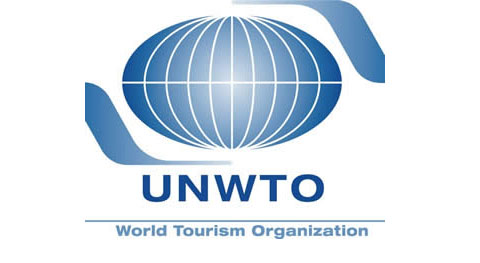
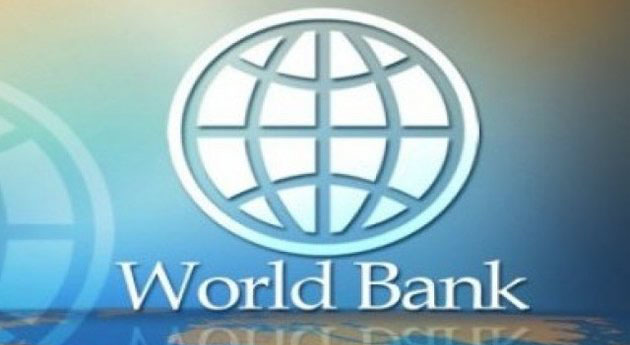

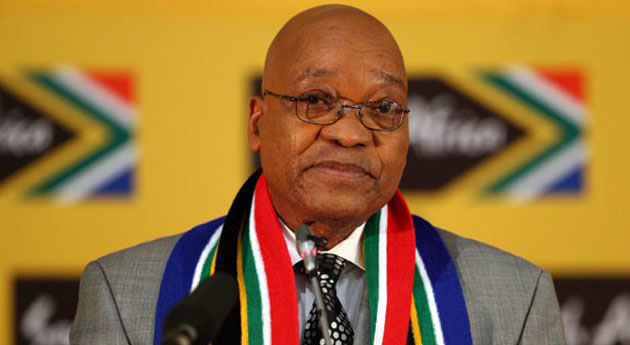
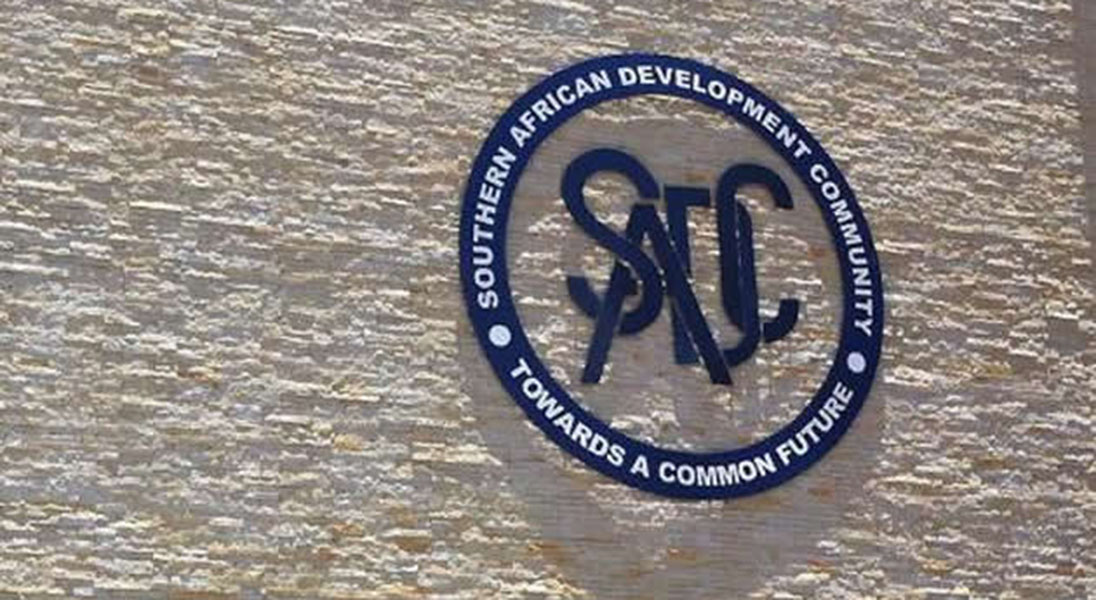
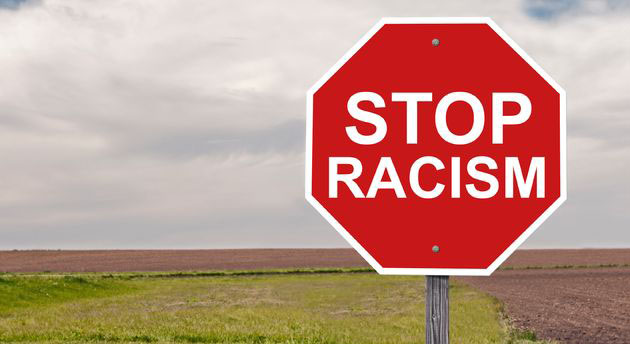
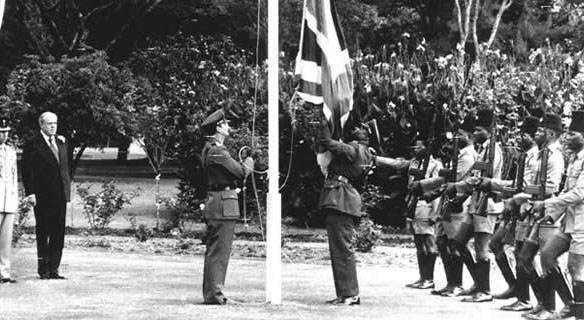
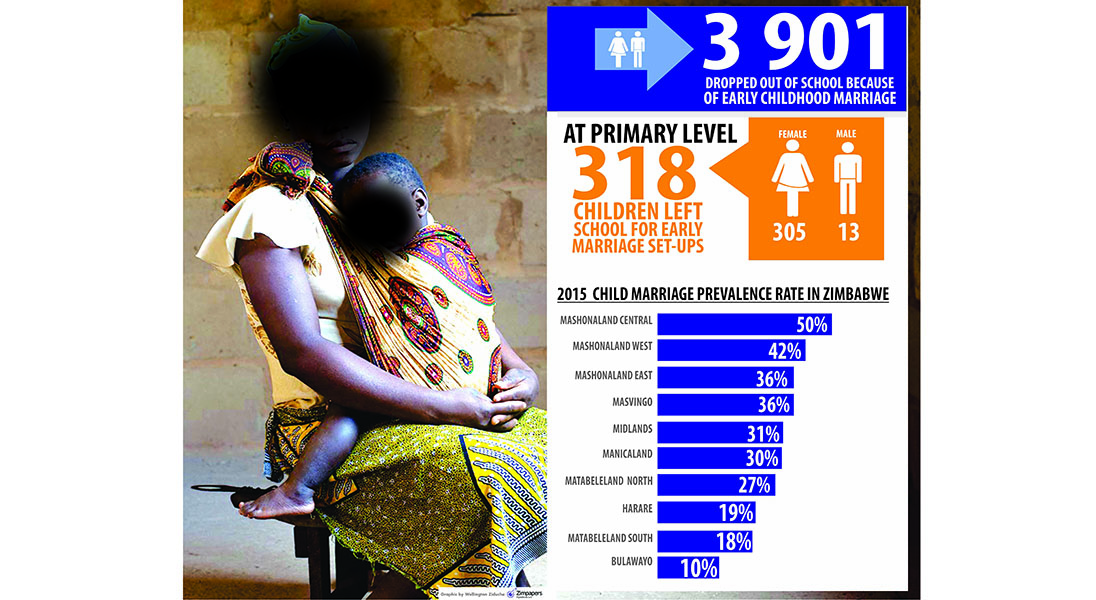
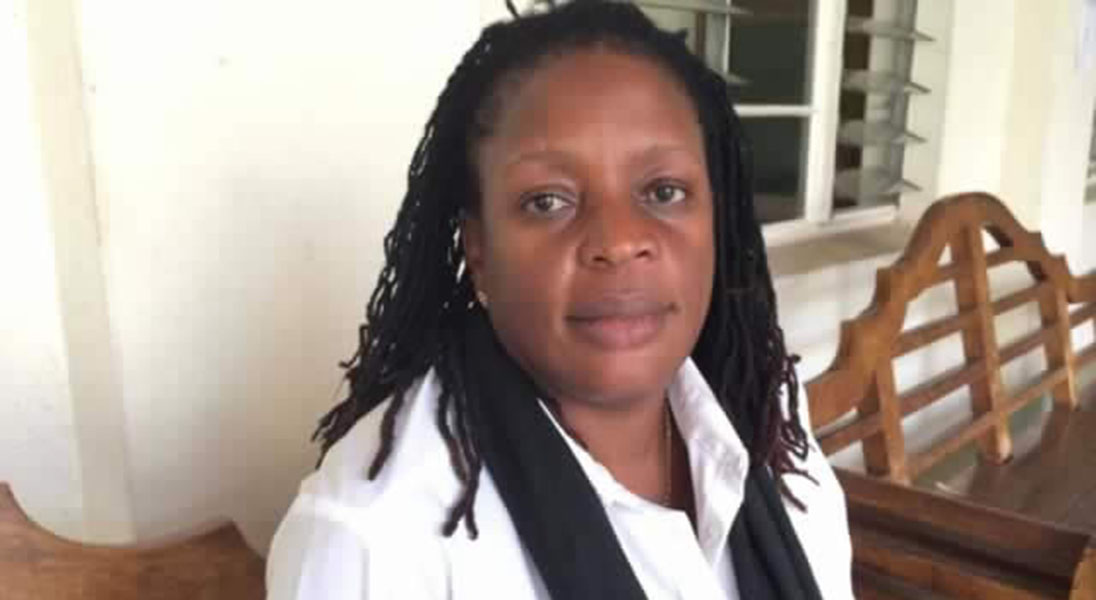
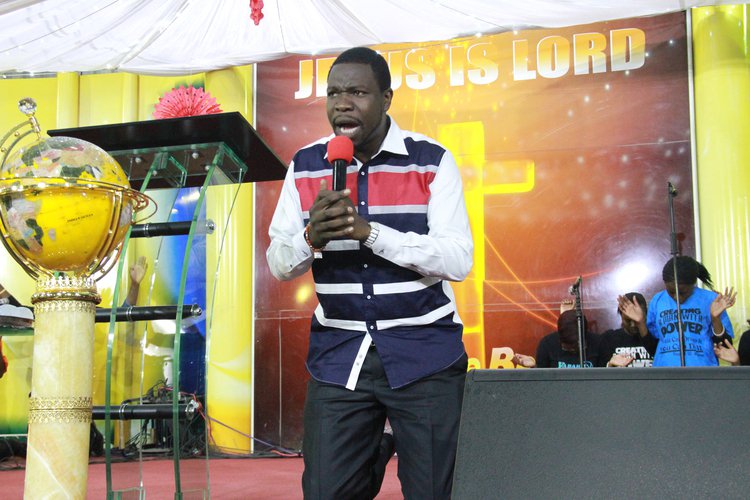
Comment